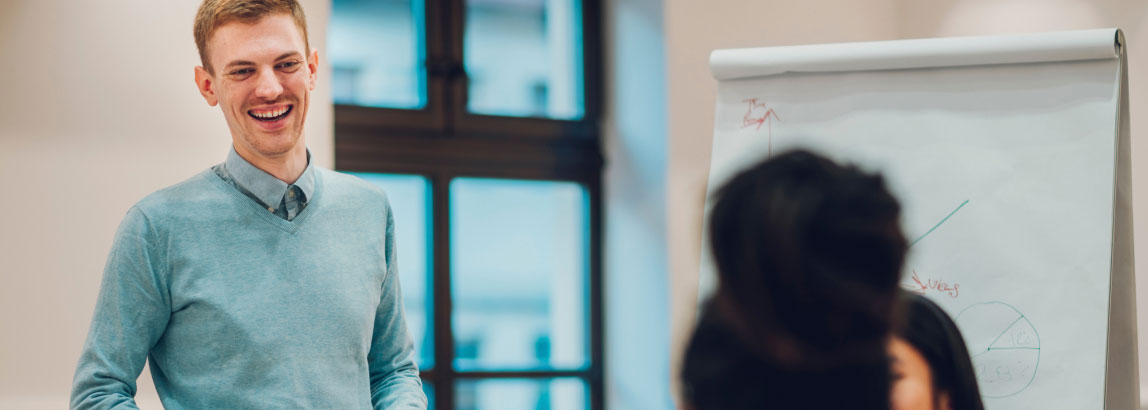Not found

Related vacancies

Post Doc: Alzheimer biochemical assay- and drug development
- Faculty of Science
- Researcher / Postdoc
- Postdoc
- Closes on22-05-2025
- Publishing date30-04-2025
-
0.0 km
Are you interested in contributing to a treatment for Alzheimer’s disease? We are looking for a post-doc to strengthen our assay- and drug development pipeline for innovative brain cholesterol-targeting interventions.
View vacancy

Postdoc in reinforcement learning for stochastic optimization
- 0.8 / 1
- Faculty of Science
- Researcher / Postdoc
- Postdoc
- Closes on25-05-2025
- Publishing date01-05-2025
-
0.7 km
Do you have an inquisitive mind and a passion for applied mathematics? Please apply for a postdoctoral position at Vrije Universiteit Amsterdam.
View vacancy

Post-doc in Environmental Economics
- 0.8 / 0.9
- School of Business and Economics
- Researcher / Postdoc
- MSc
- Closes on15-05-2025
- Publishing date27-03-2025
-
0.7 km
A Postdoctoral Fellow position is available at the Department of Spatial Economics at Vrije Universiteit Amsterdam, starting in Fall 2025. Are you interested? Please apply at Vrije Universiteit Amsterdam.
View vacancy
This website uses cookies
We, and third parties, use cookies on our website. We use cookies to ensure that our website functions properly, to store your preferences, to gain insight into visitor behavior, but also for marketing and social media purposes (showing personalized advertisements). By clicking 'Accept', you agree to the use of all cookies. In our Cookie Statement. you can read more about the cookies we use and save or change your preferences. By clicking 'Refuse' you only agree to the use of functional cookies.